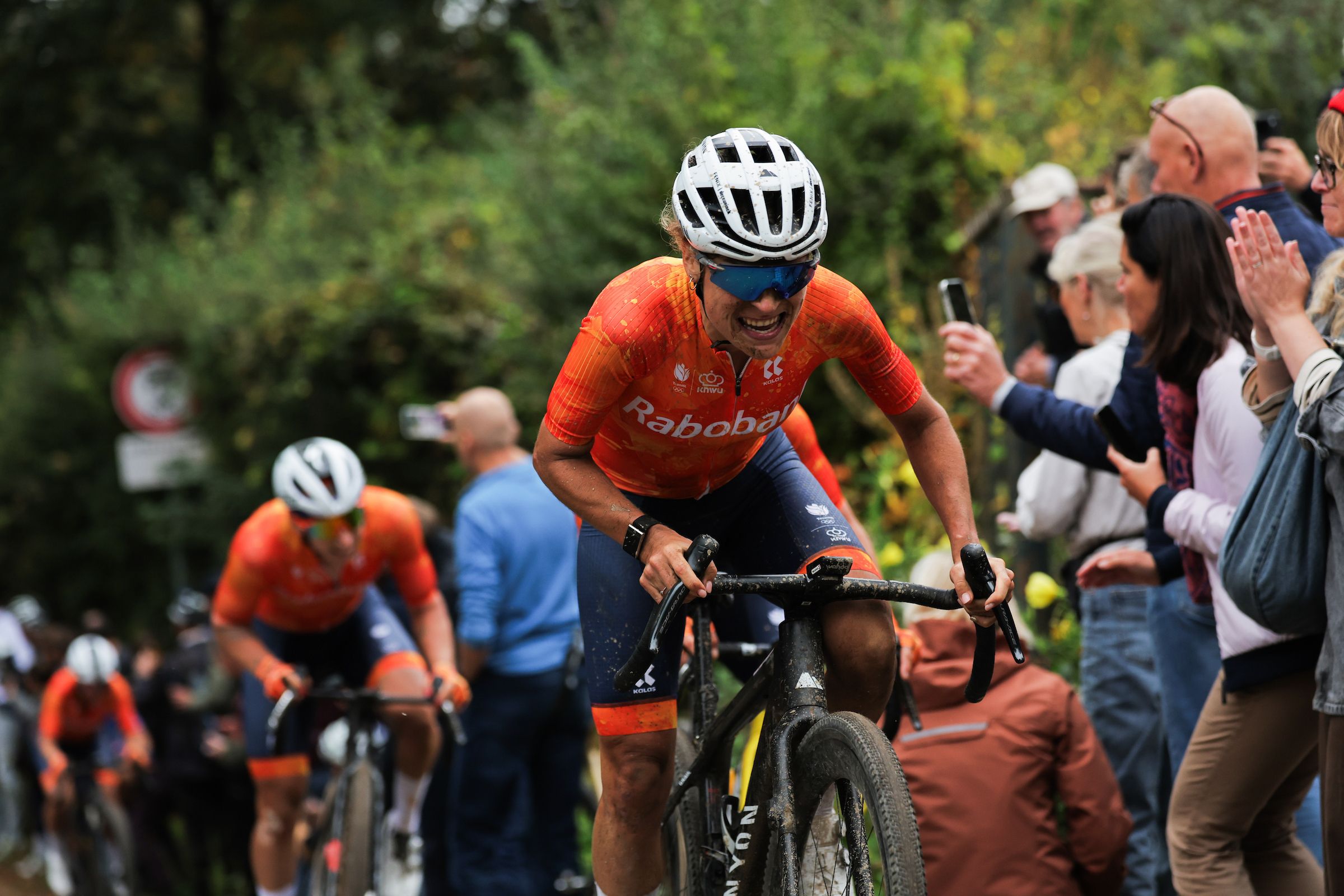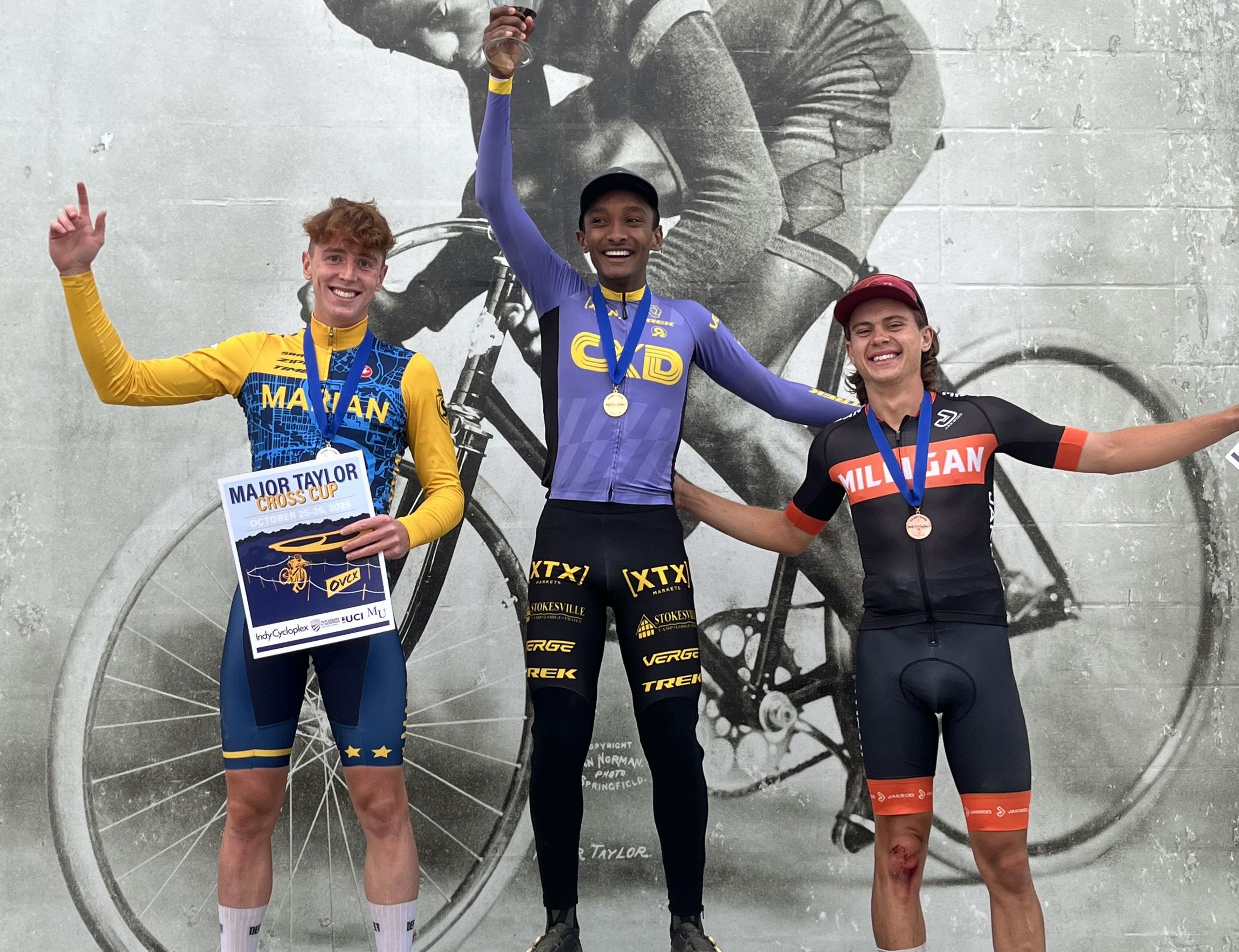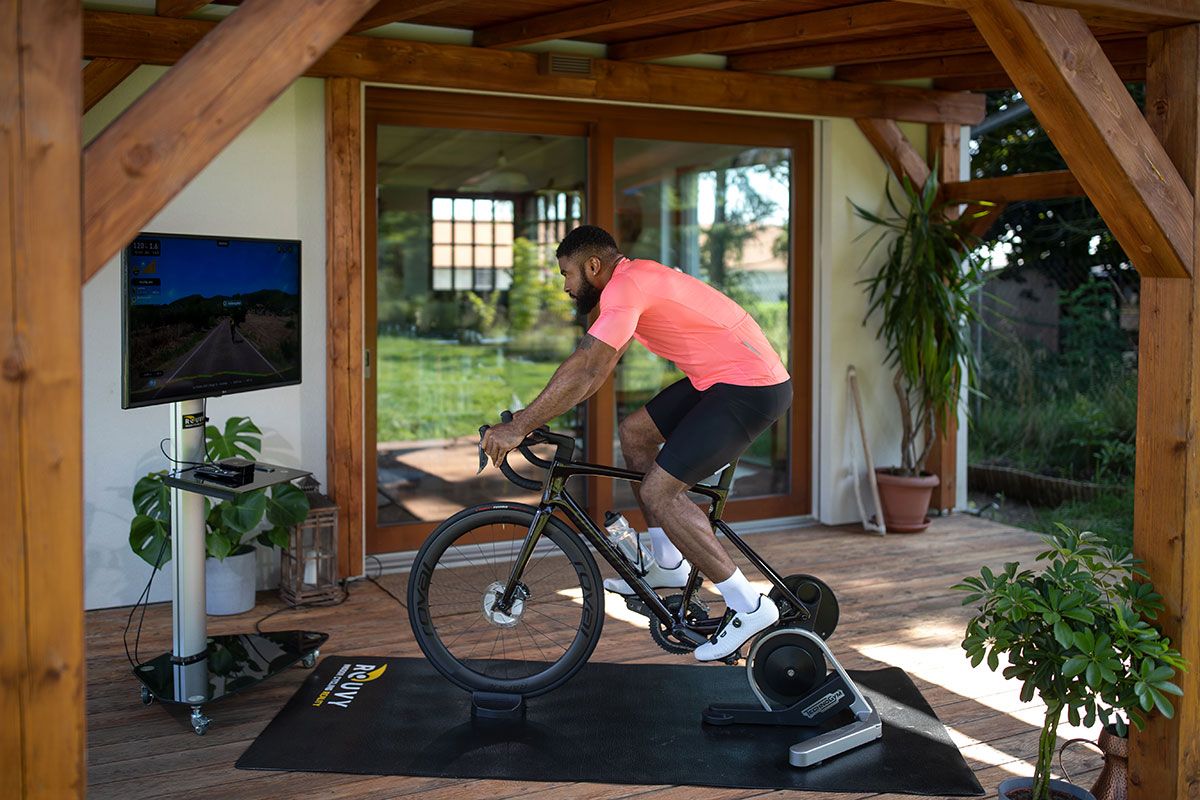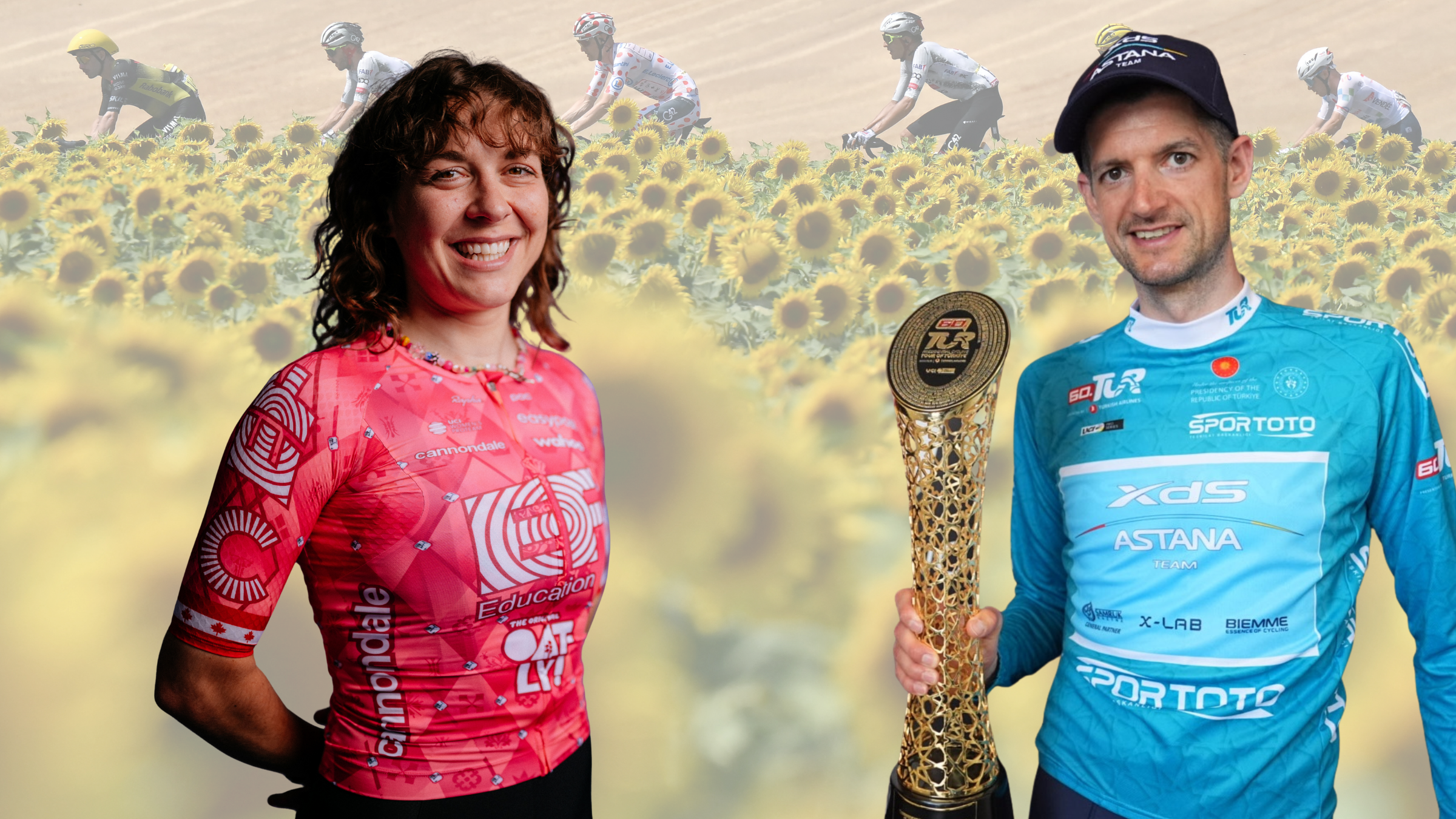Tactical Whirlwind at the UCI Gravel World Championships: Lessons Learned from Yara Kastelijn
In the high-stakes world of cycling, teamwork and tactics can make or break a race. The recent UCI Gravel World Championships showcased this truism with a dramatic twist, leaving fans and competitors buzzing. In a heart-pounding finale, Dutch rider Yara Kastelijn found herself embroiled in tactical chaos that has since sparked widespread discussion about racing strategies and team dynamics.
A Race to Remember
The women’s elite race was a thrilling spectacle, culminating in a dramatic finish that many won’t soon forget. Dutch teammate Shirin van Anrooij had been riding solo for 12 grueling kilometers, looking every bit the potential world champion. Just when victory seemed within grasp, the team dynamics shifted. With Kastelijn leveraging her strength in the closing kilometers, the chase group rapidly closed the gap, leaving van Anrooij stranded as they swept past her in a thrilling sprint. It was Lorena Wiebes who ultimately seized the day, securing the top spot for the Netherlands.
Torn Between Team and Individual Goals
As the dust settled on the race, Kastelijn faced a deluge of criticism—not only from fans but also internal dissent from her own team. Van Anrooij expressed her frustration, saying, “My chance at the world title was taken away.” These sentiments captured the complexity of racing in a national team setup, where collective strategy can sometimes overshadow individual aspirations. With Dutch riders widely perceived to have been given freedom to race against each other, reactions ranged from disappointment to outright disbelief.
Kastelijn later addressed the fallout, expressing regret for her tactics during the race. “I absolutely didn’t want to make Shirin lose,” she stated. The intent had been to push the pace without recognizing that her actions could jeopardize a teammate’s chance at glory. This sentiment resonates with many cyclists: the desire for personal achievement often dances precariously with the expectations of teamwork.
The Aftermath
Reflecting on the situation, Kastelijn acknowledged that her focus was perhaps too narrow. “At that moment, I was completely focused on my race and achieving the best possible result,” she confessed. With silver and bronze medals available if van Anrooij had held on for gold, it was a calculated risk that didn’t pay off. Kastelijn finished fourth, just shy of glory, which serves as a poignant reminder of the razor-thin margin between success and regret in this sport.
The story of the Gravel World Championships isn’t just about medals; it underscores the need for clearer communication and tactical awareness within teams. With gravel racing still finding its footing in terms of team strategy, nuanced discussions will undoubtedly enrich the sport’s evolving narrative.
A Valuable Lesson for Cyclists
As you hit the trails or roads in your cycling endeavors, remember that racing isn’t solely about personal ambition; effective communication and team dynamics play vital roles in achieving success. Even in individual disciplines, understanding when to push for your goals—or support another’s—can make all the difference.
In cycling, victories often come from blending individual prowess with an acute awareness of team strategy. As the cycling world reflects on the lessons from this championship, one thing is certain: the balance between ambition and collaboration will continue to shape the future of racing. So, whether you’re in a grand championship or a casual weekend ride, keep your team spirit high, and you might just find that biking is as much about the journey as it is about the destination.
Original article: Click here











